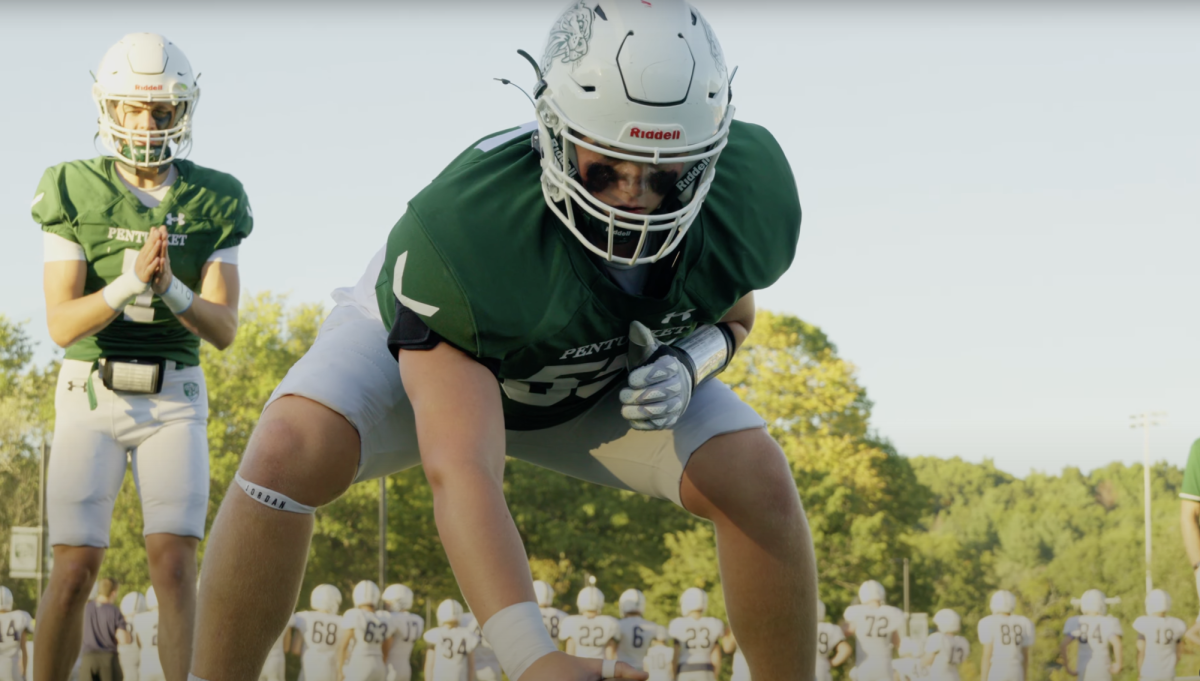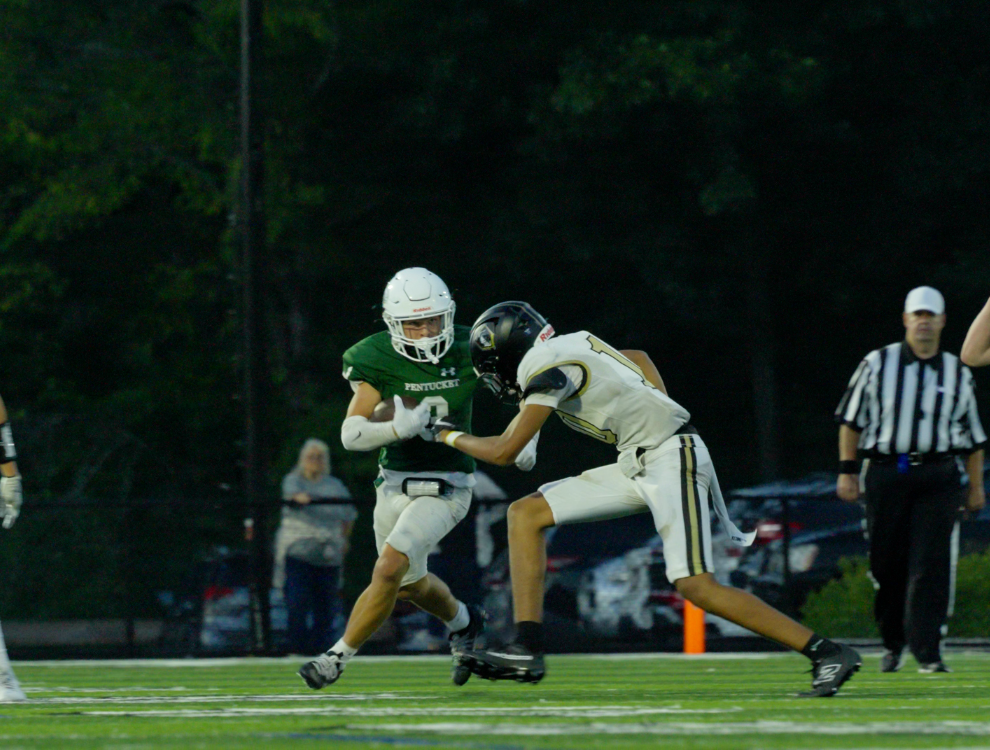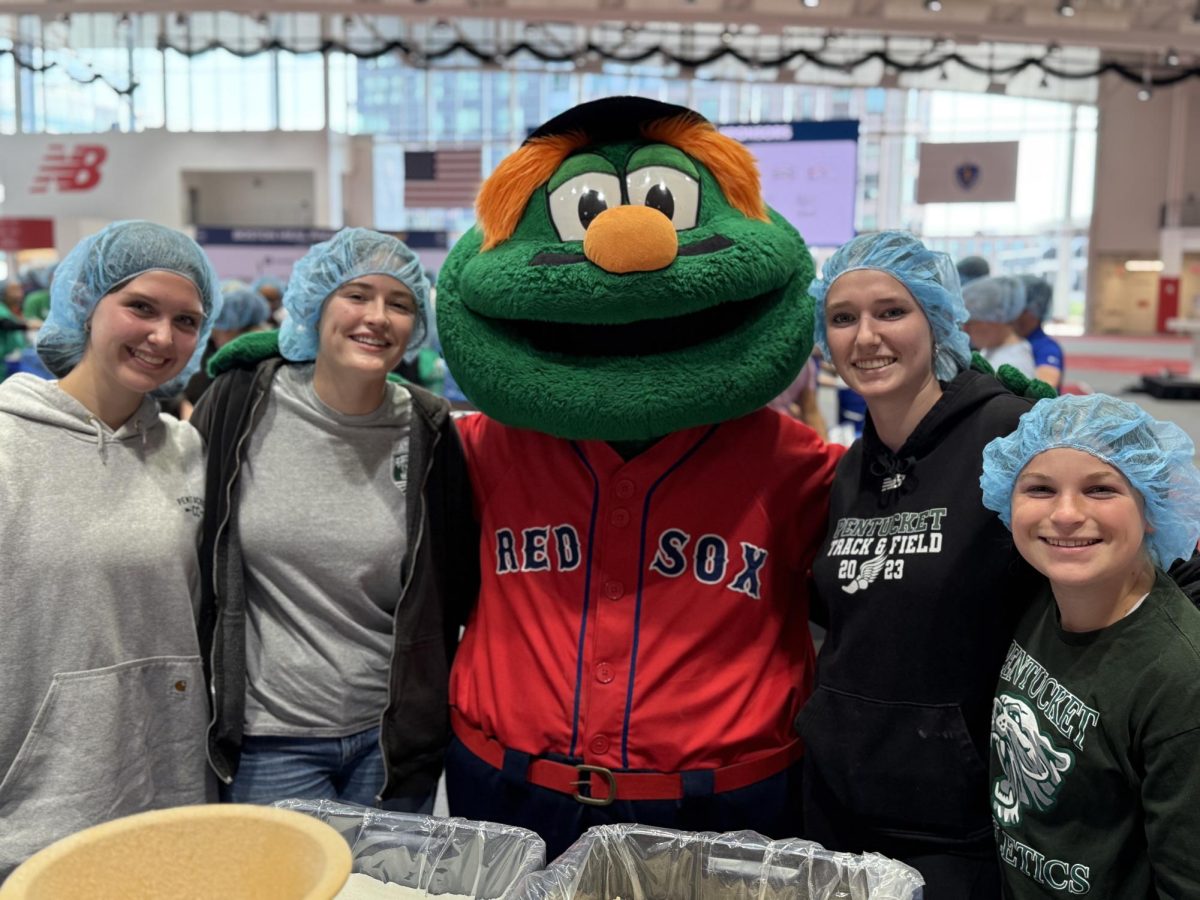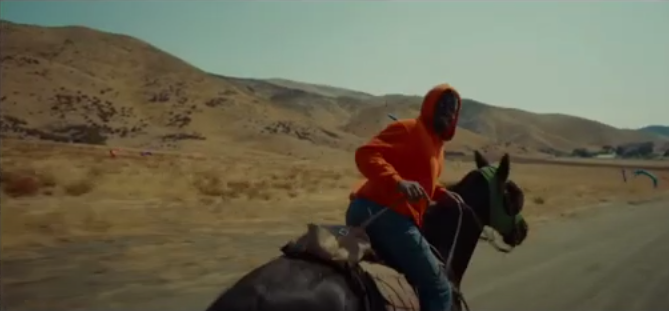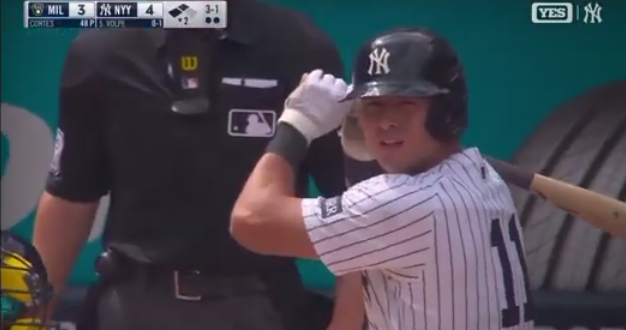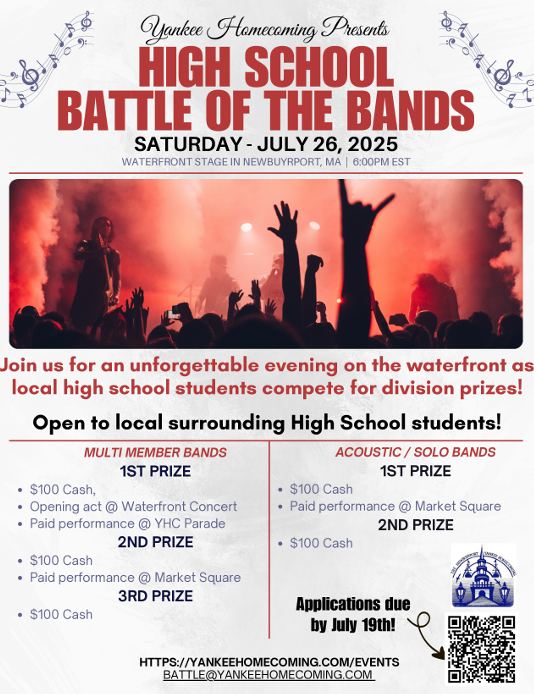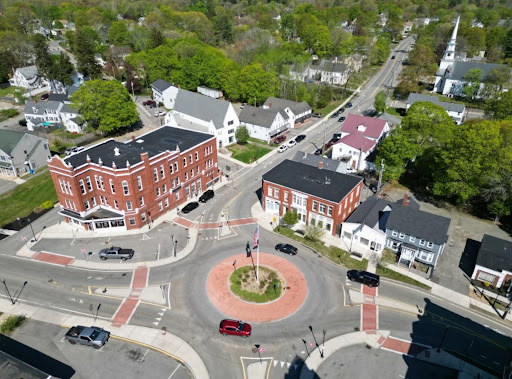This is a question that people have been hearing frequently in the last few years. In the recent past, there has been a surge of people concerned about what type of books their children are reading.
While this is a valid concern, too many people have been protesting that certain books, such as Huckleberry Finn and To Kill a Mockingbird, be banned altogether. These novels, as well as many others, are considered classics that teach people lessons about life and love. The reasons that certain groups give for wanting to ban them, are that they say the ‘n-word’, which is true. This word is said within both of these books along with many others, but the purpose of the novel is not to throw offensive slurs around, it is to educate.
I interviewed my dad, Howard Bleichfeld, who had a lot of opinions about this matter. Throughout our interview, he stressed the importance of historical accuracy. Take To Kill a Mockingbird, for example, Scout does not say the n-word, because that is how she was raised. But other people in her community were not raised that way and have no issue saying the n-word. This is not done to be offensive, this is done to show history in an accurate way. As Mr. Bleichfeld stated, “even if someone from the present wrote a book set back in the ‘50s or 60’s, it would not be offensive to use that word and other words that we find offensive today. That’s just how it was back then.” Mr. Bleichfeld is not making excuses for the offensive language back then, he is just being truthful. In order to not revert backwards, we must face our history, not shield people from it.
To Kill a Mockingbird is read by thousands, especially in schools. I myself read it in my sophomore year. By that time in my life, I was certainly old enough to know certain words are never to be said, especially by a white person like myself. I personally think that if a parent is worried about their children saying these words, or learning about hardships that people had to endure, that is a personal issue that needs to be dealt with privately, not by enforcing their own harmful views on an entire community.
Once someone’s child is in high school, they should be aware that not everything that they are going to learn about will be happy and loving. America’s history is rooted in war, death, slavery and many other troubling issues. It is important to learn about these issues and be made aware of them, so that kids can know the difference between right and wrong and develop a full understanding of our country’s history. Parents should be encouraging their children to learn and read, not keeping them in a little bubble of rainbows and unicorns.
I decided to talk to my sophomore year history teacher, Mr. Siegfried, who I felt would be knowledgeable on this subject. For one, he does not believe any books should be banned, ever. But he thinks, in schools there is an age appropriateness that should be considered. Also, if a teacher feels as though they are going to have an issue with a certain book or topic, they always have the option to change the book they are using. But no books should be banned worldwide or school wide. One thing that Siegfried said that resonated with me was, “People are afraid of information.” This helped me to realize that the reason that so many parents want their children to be sheltered is because they are afraid of what they would be exposed to in the real world.
Another reason that people want to ban or restrict a book is because it mentions the LGBT community. Some people have an issue with homosexuals themselves, but other parents are scared that reading about someone’s personal lifestyle will influence their children. Books like All Boys Aren’t Blue, Cinderella is Dead, and Gender Queer are all examples of books mentioning or centered around the LGBT community that are being challenged within schools and libraries. It is incredibly important that as a school and society we realize that the only way to deal with misinformation is to combat it with the truth and learn from the historical mistakes this country has made, not bury them underneath sugar coated summaries.
There have been a lot of targeted book ban attempts at public libraries as well as school libraries, and 47% of these targeted attempts have been made against BIPOC and LGBTQ authors. The majority of these parents think that if their kids read about the LGBT community, they will suddenly become a part of it. And while reading about certain lifestyles may help one to understand themself better, it does not magically make your sexual preference change.
The last interview that I conducted was with Mrs. Costello, Pentuckets librarian. She does not think that books should be banned from society or schools. Something she said that I found to be interesting was, “If one person doesn’t like a book, that doesn’t mean that another person wants to hear the message that that book is portraying.” This resonated with me because throughout my life, I have found that even if someone that I knew did not like a book, I might have loved it. The difference between these two situations is that whomever I recommended the book to did not fight to have the book taken away from the public eye. Costello also alerted me that most books being challenged are LGBTQ books in classrooms. This is because a lot of parents are scared that “If their child reads about the LGBT community, they will suddenly become part of it,” which is wildly untrue and not how the LGBT community works at all.
The best example of a book being ‘challenged’ in a classroom today is in a town in western Massachusetts, Great Barrington. In the town of Great Barrington, a janitor saw a book called Gender Queer, which is an educational book about the LGBT community, in an English classroom. The janitor felt the best course of action was to call the authorities, and they searched the teachers classroom without her permission. This type of situation has probably happened all over the country in recent years, and that is unacceptable. We have to focus on the importance of all kinds of education, not just want parents want their children exposed to. As Mrs. Costello said, “We have to focus on learning about our history, not rewriting it.”




